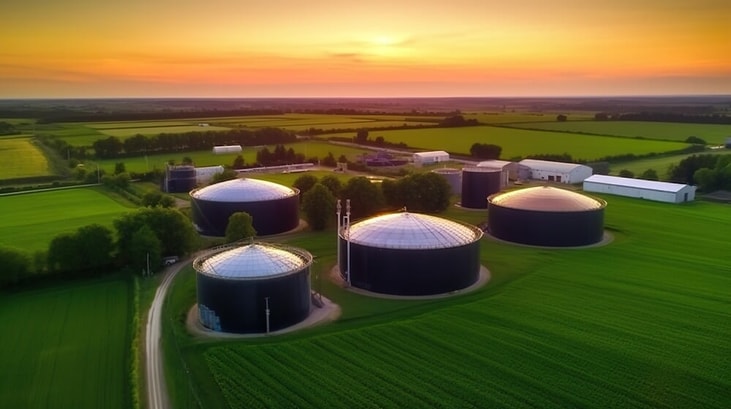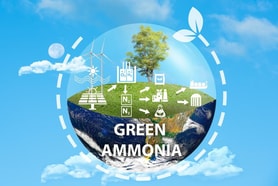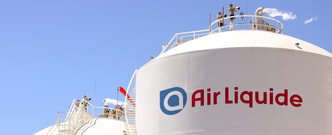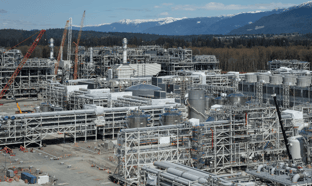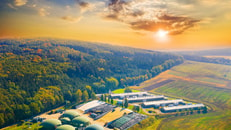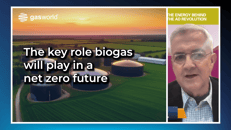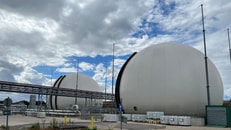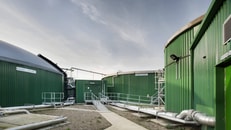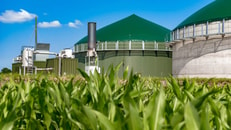Green gas could slash the UK’s Net Zero costs by £300bn
The cost of Net Zero could be cut by £298bn ($371bn) compared to official projections, saving every British household more than £400 ($500) per year, according to new analysis drawing on an AI-assisted computer model used by Whitehall.
By increasing the use of so-called home-grown renewable ‘green gas’ (biogas and biomethane), households could save £415 ($518) over the period to 2050 in addition to £22bn ($27.5bn) in capital and operating costs in the next six years.
The analysis was commissioned by the Anaerobic Digestion and Bioresources Association (ADBA) and carried out by Business Modelling Applications (BMA) using its Decisio whole energy planning system. The model compared the National Energy System Operator’s (NESO) 2024 Pathways to Net Zerowith scenarios that integrate green gas more extensively.
By relying more on green gas, the study projects major reductions in investment requirements for offshore wind (£36bn ($45bn), an 18% reduction) and onshore wind (£10.5bn ($13.1bn), a 36% reduction). Smaller savings in nuclear power, hydrogen production and energy transmission infrastructure were also identified.
... to continue reading you must be subscribed

